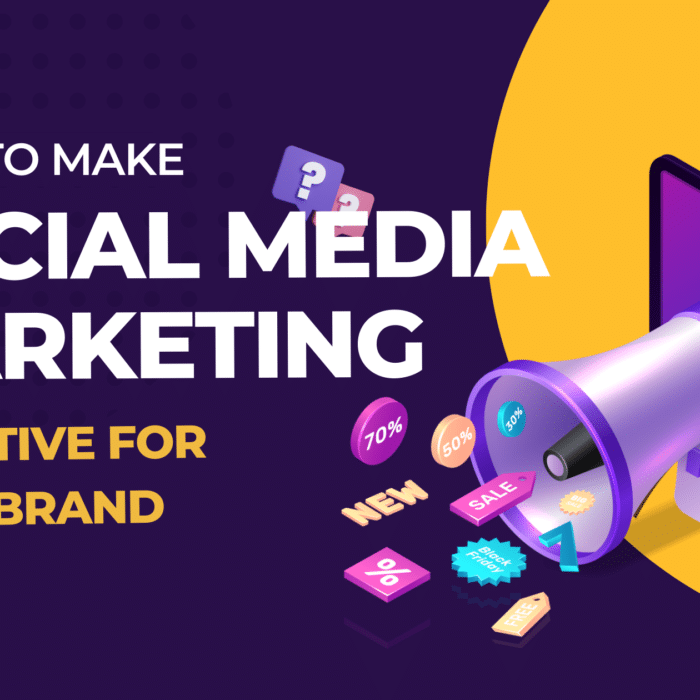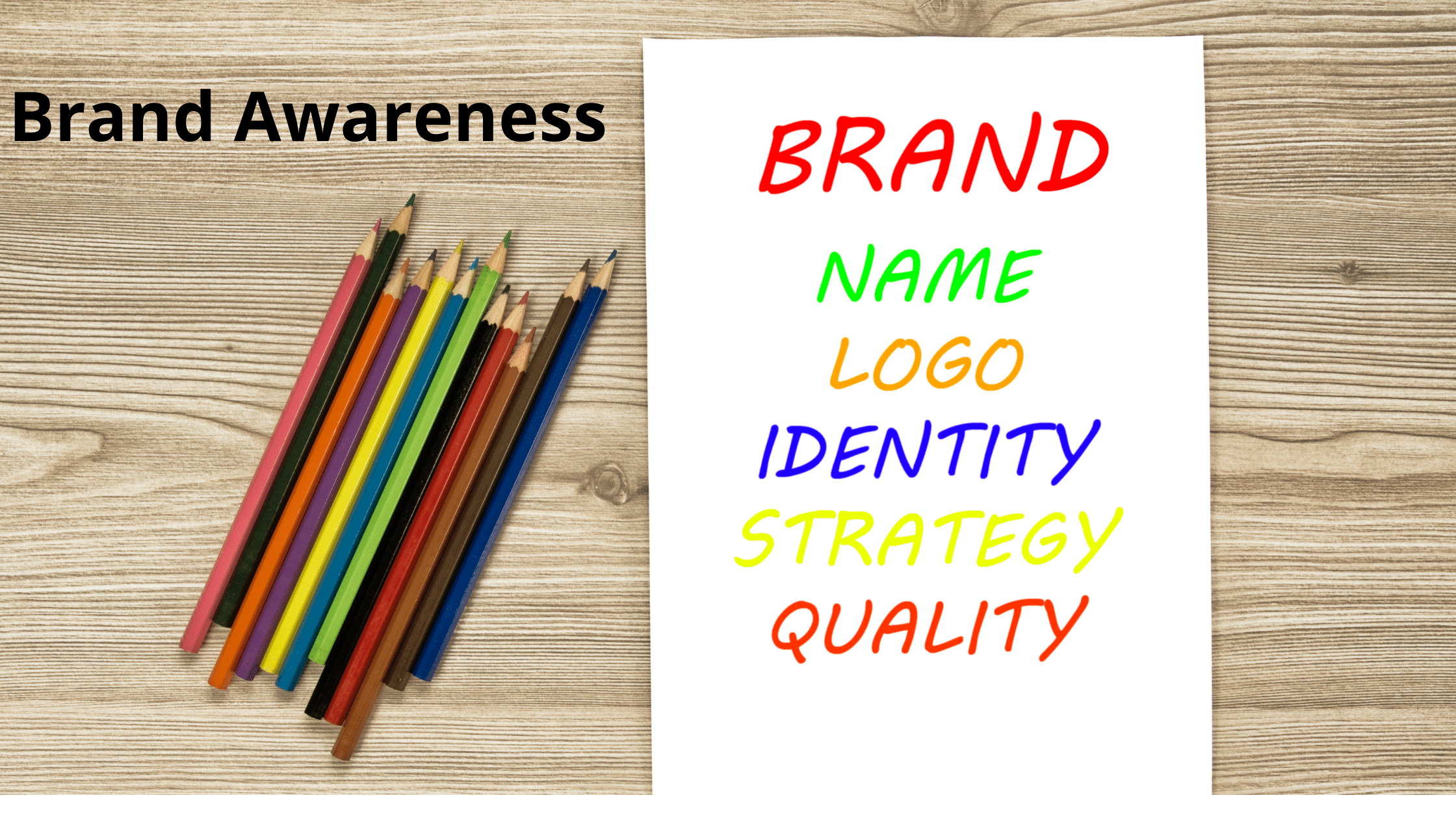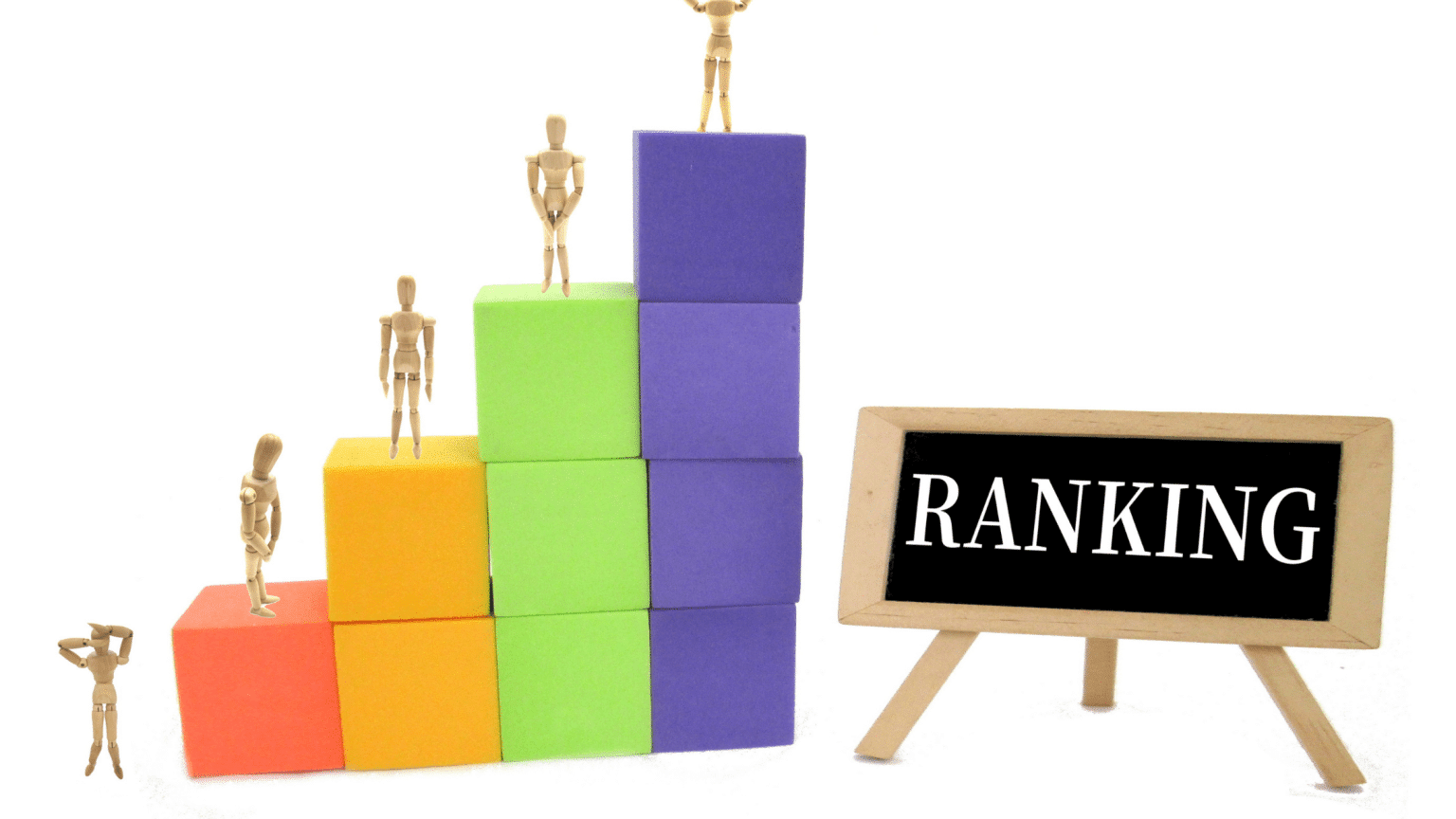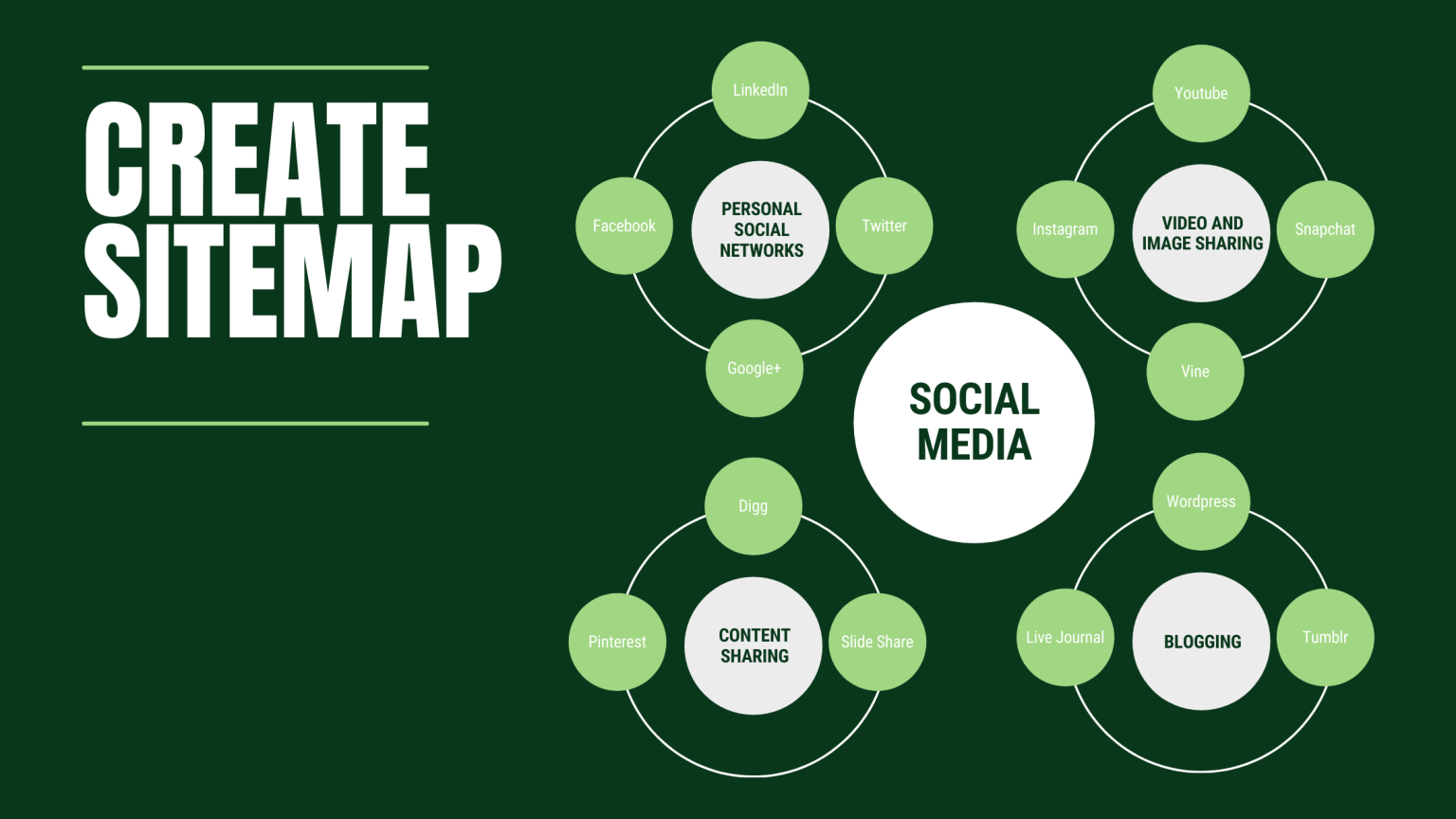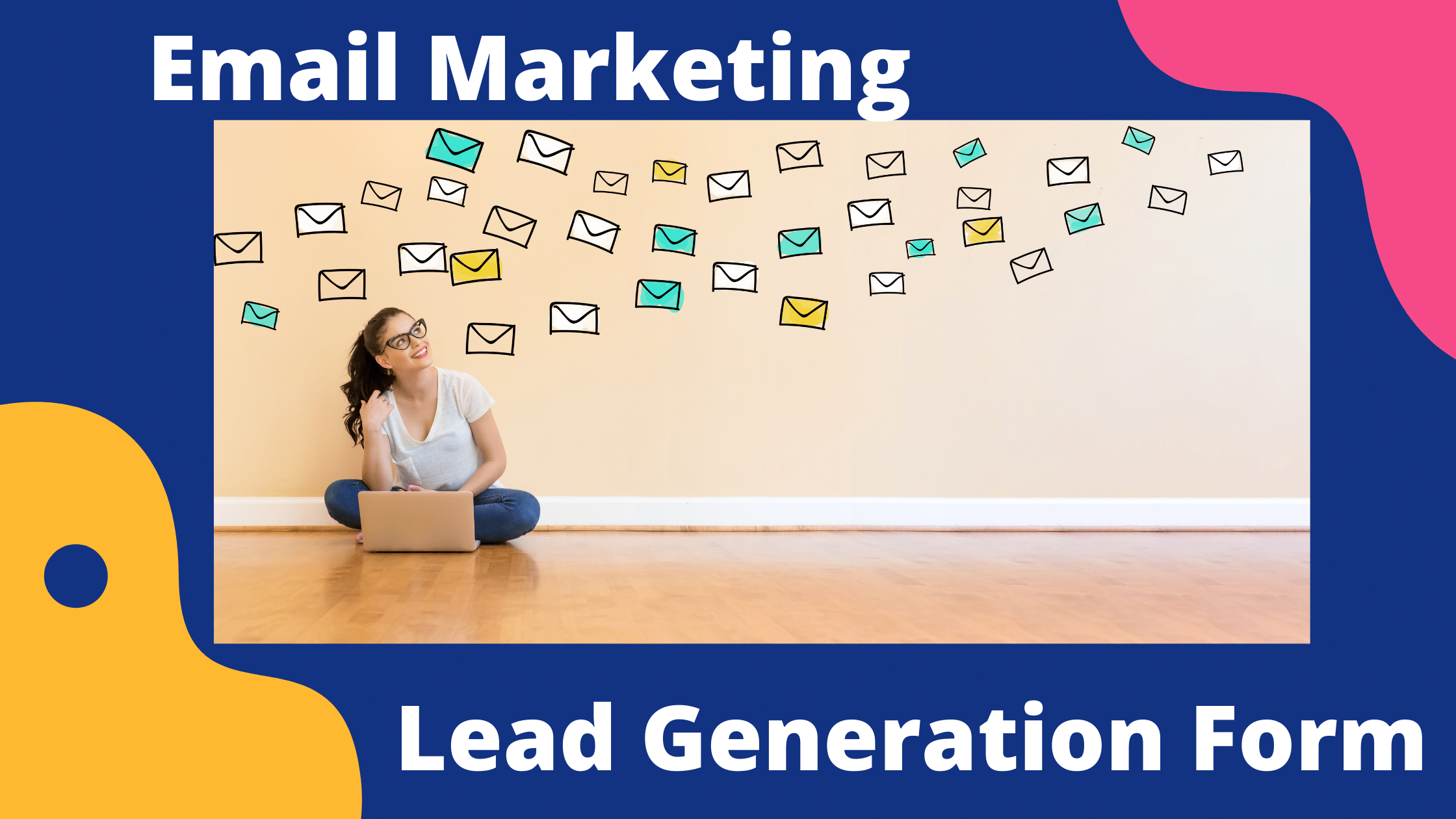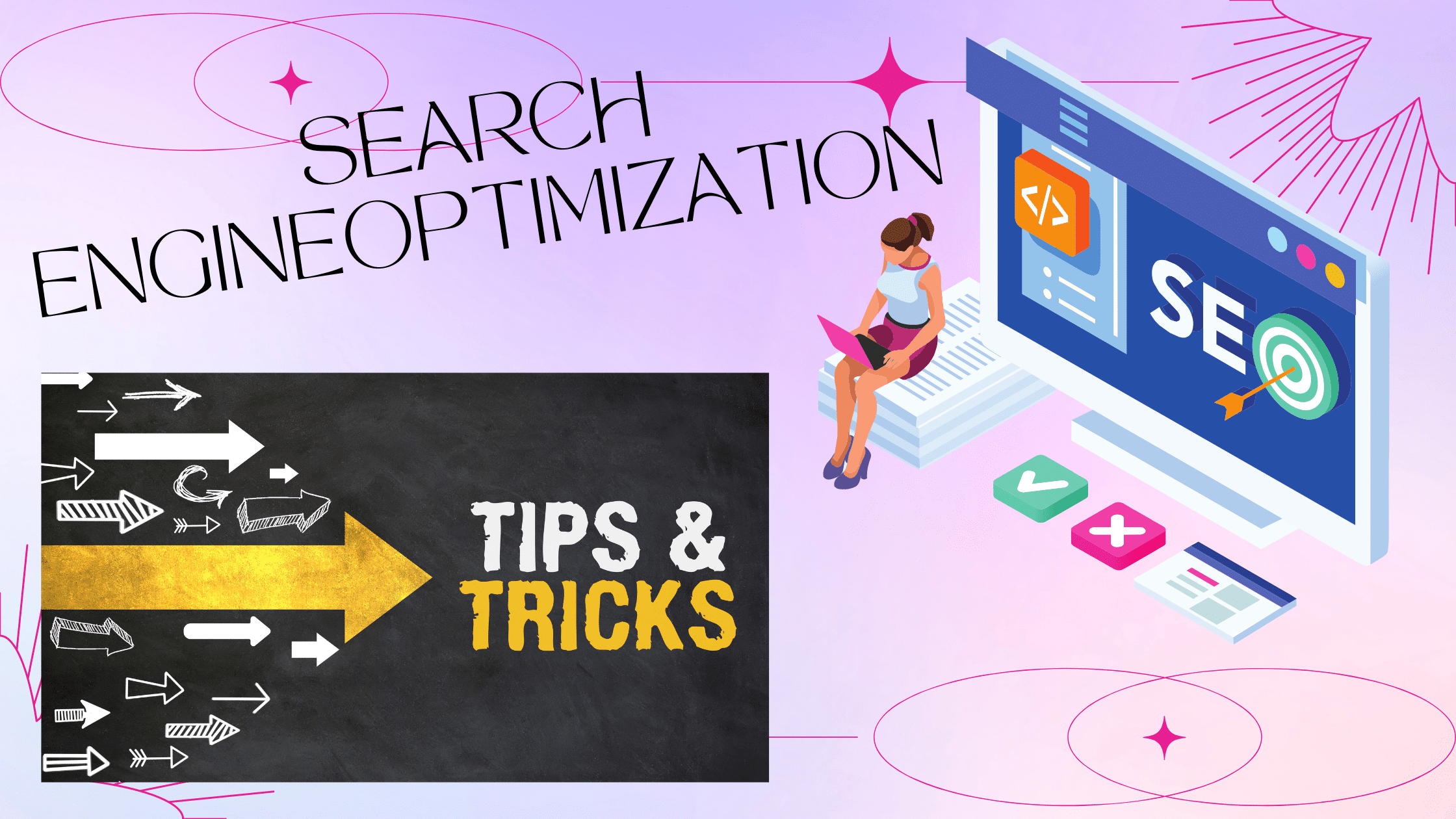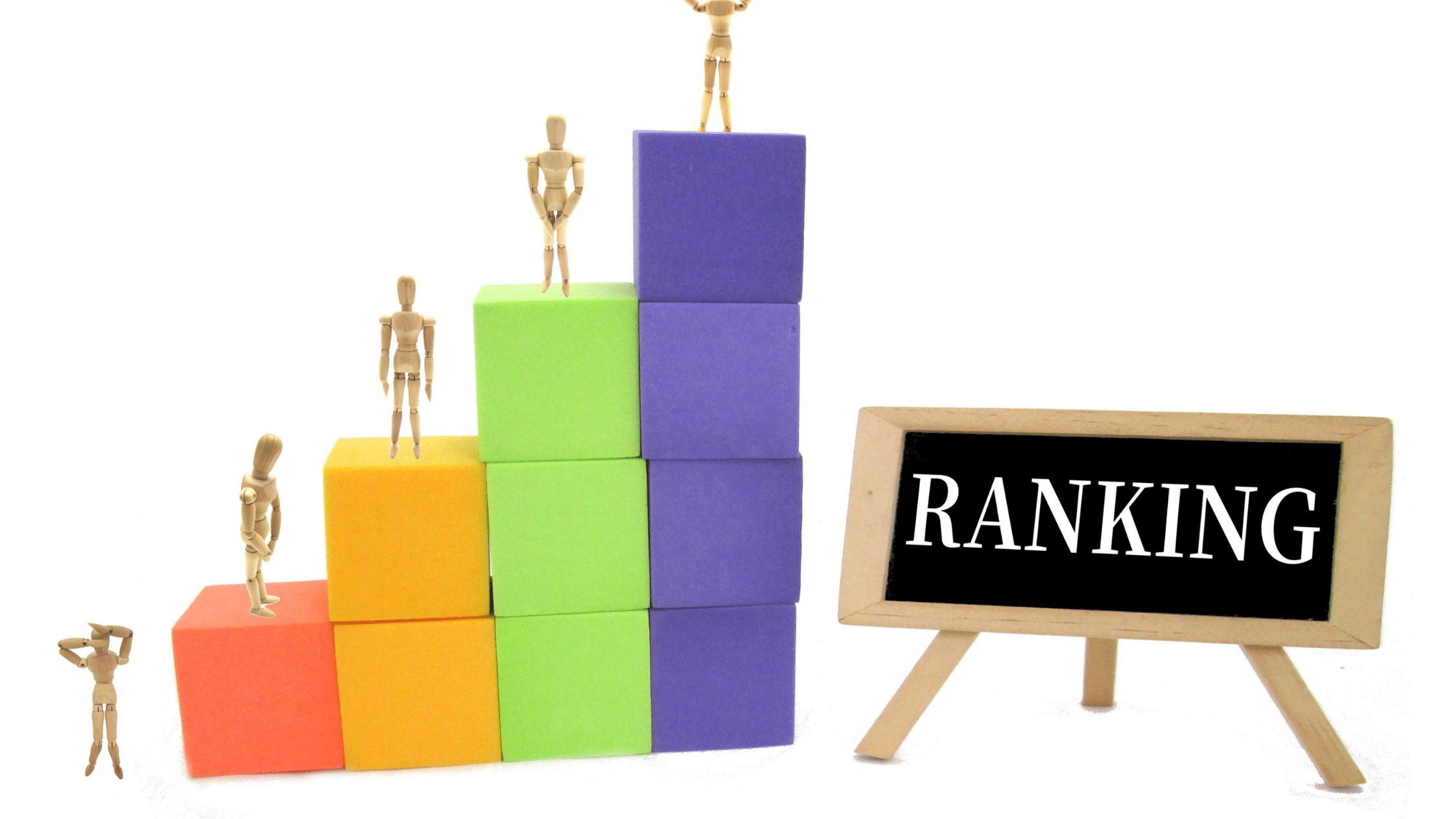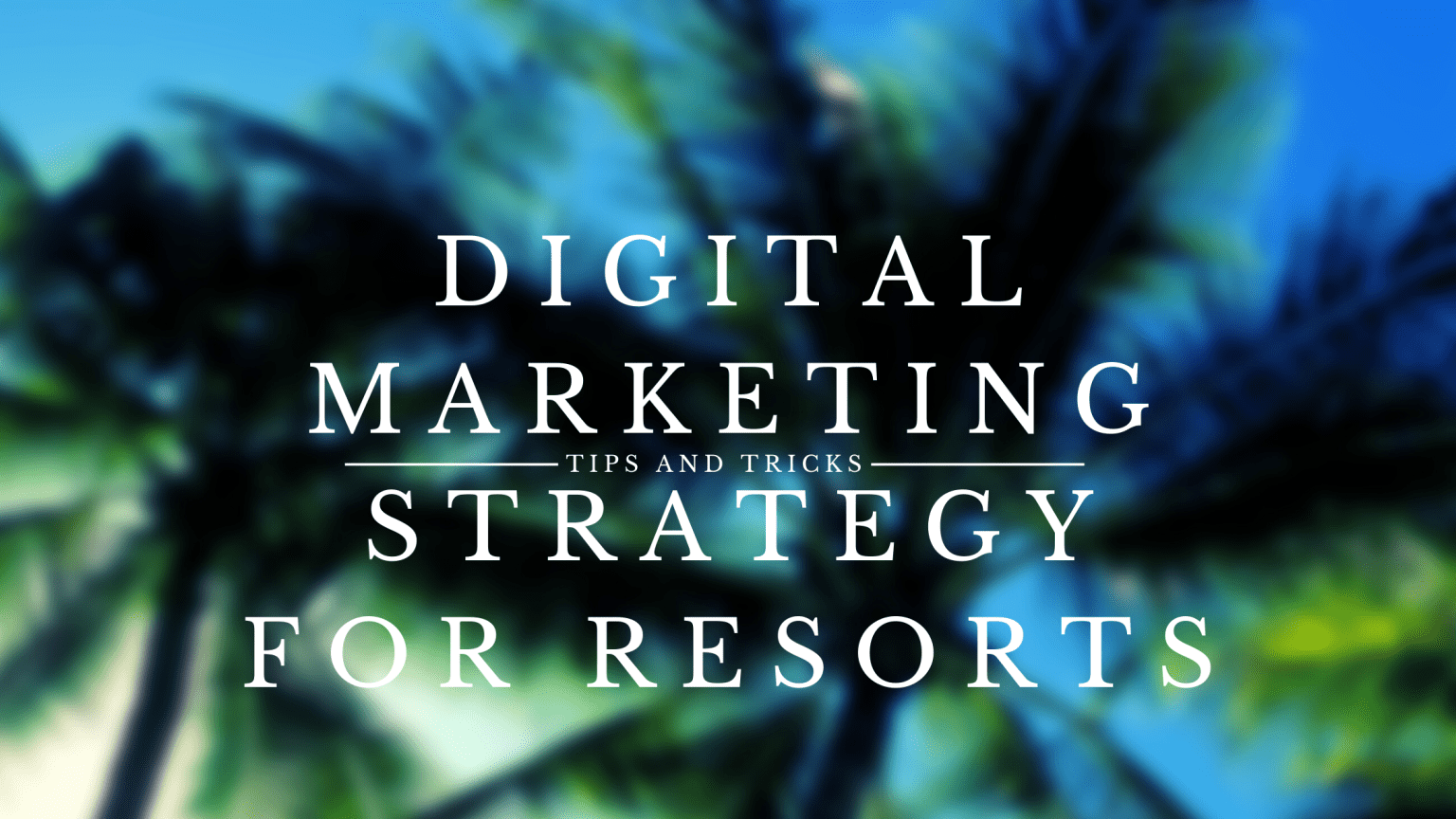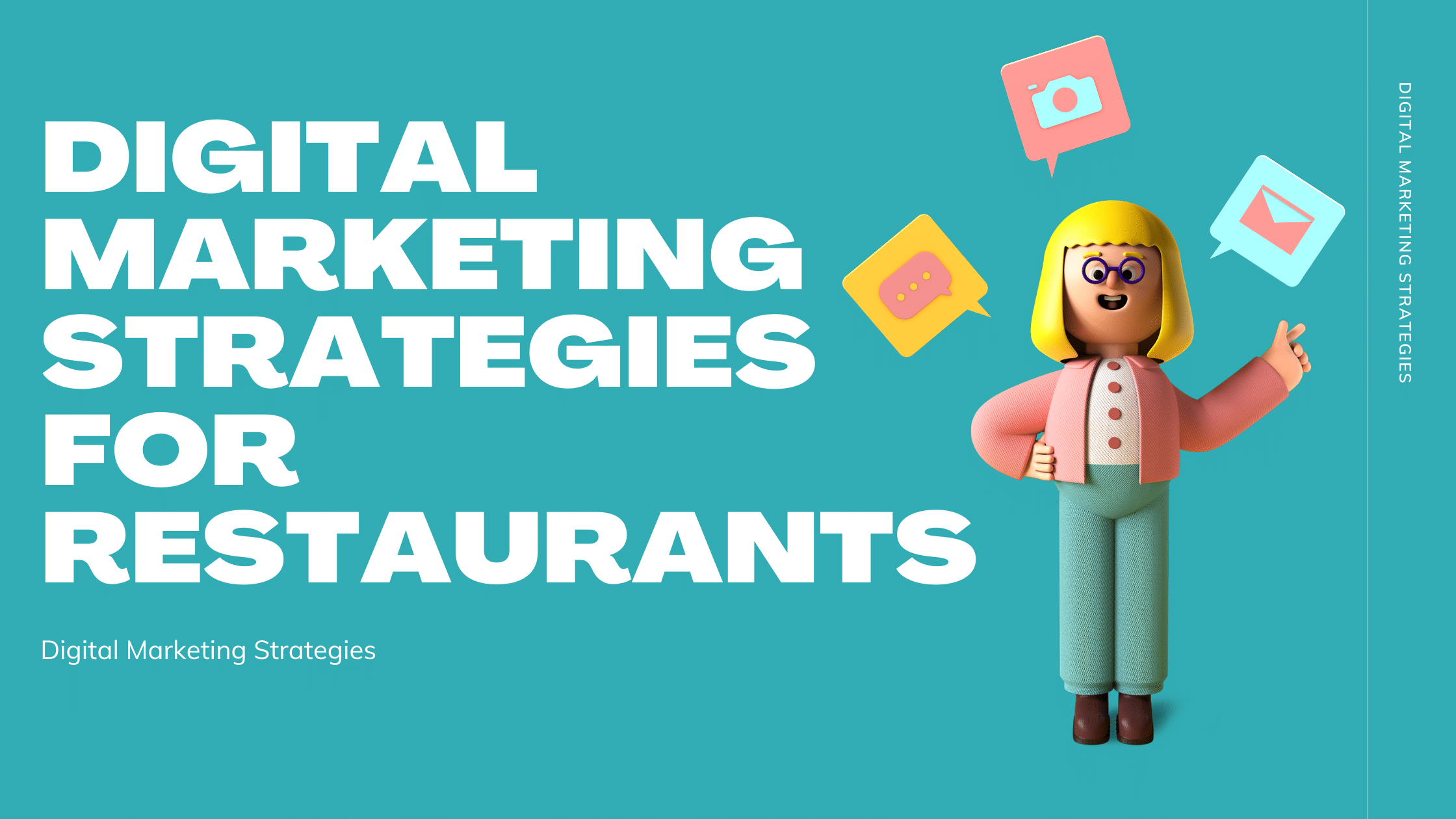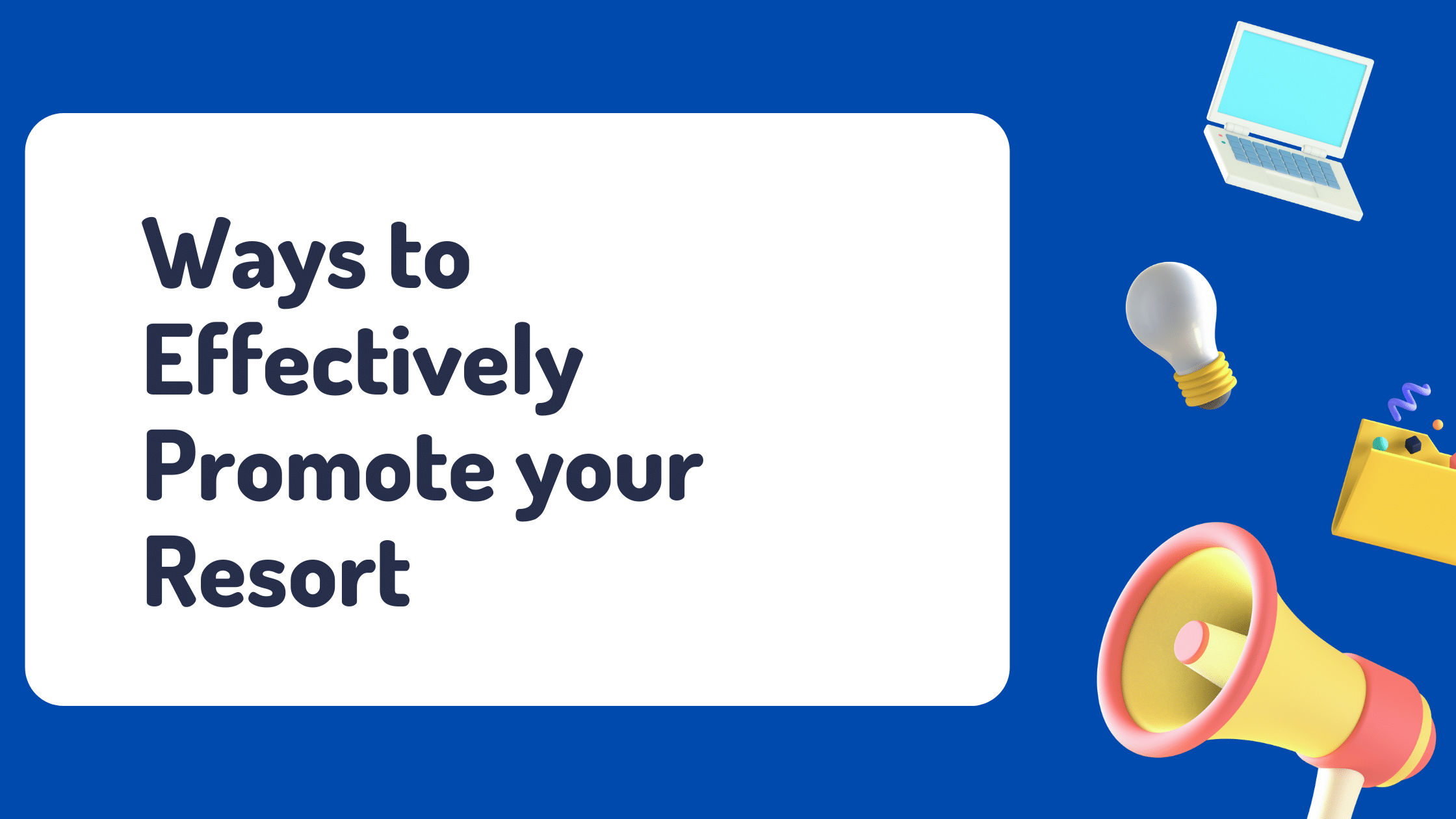Best 6 Digital Marketing Strategies For EdTech Companies
The EdTech industry is booming as more and more people are turning to technology for education. The number of apps being developed, websites being created, and businesses opening up is staggering. If you’re looking into digital marketing strategies for your company in this field, this article will walk you through the different marketing channels that can help you grow your business quickly and efficiently.
Digital marketing is an essential strategy for EdTech companies to use. There are so many different digital channels EdTech companies can take advantage of, and there are so many different goals EdTech companies have to accomplish through digital marketing. Overall, digital marketing is a great way EdTech companies can grow their brand exposure, increase awareness about their product/service, create a community, and drive traffic back to the EdTech’s website. Digital marketing strategies for EdTech companies will help for you to grow your EdTech Company.

If you have your website for education sector, business or any other reason but not ranking high on search results, search for top digital marketing agency.
Organic search is still one of the most important digital marketing channels for digital marketers. Businesses are continuously looking for digital marketing strategies to help them increase their digital presence. SEO has always been an integral part of digital marketing, but with the constant change in algorithms, it becomes difficult to keep up with the latest trends and techniques.
Content is the king. It always was and will continue to be. You need quality content that is engaging, informative and worth sharing. The digital marketing trends have indicated the beauty of long-form content which is a clear indication that users are ready to read in-depth articles rather than just a few sentences.
Expand your SEO footprint to help improve digital marketing reach. You can do this by controlling multiple social media accounts, creating engaging infographics and video content, attending digital events etc. Google+ is still important for business websites so make sure you have a business page for your website on Google+.
An efficient user experience (UX) is equally important as content and digital marketing. If users do not like the user-experience you provide, they will bounce back to SERP and it will be difficult for you to capture their attention again. Your website needs to load faster and must be free of any problem such as broken pages, slow response time etc.
Most EdTech companies struggle with marketing and EdTech is no exception to the rule. As EdTech has grown over the last few years, new EdTech companies have been started up by people interested in EdTech and who had some understanding of EdTech and its niches.
As EdTech is a relatively young industry, many changes have occurred over the past few years bringing forth new ideas, paradigms and opportunities for students all around the world.
Email marketing is one of the most effective ways for an EdTech company to promote their products or services to potential customers. The reason it’s so effective in this particular area is that there are a number of schools in a variety of countries that use similar education institutions, and EdTech is able to reach a large variety of people all across the world.
Many EdTech companies use email marketing as part of their growth strategy and it works very well for those EdTech companies that spend time planning, structuring and executing an effective email marketing campaign.

EdTech companies such as Easy Grade Pro offer this tool which helps teachers track student progress and communicate with students outside of class hours! One of the first things that EdTech companies need to realise is who they’re targeting with their email campaigns. It’s important for EdTech companies to target their email campaigns correctly as they don’t want to waste resources on reaching the wrong people. The EdTech market is quite big and it’s important that EdTech companies understand who they’re trying to reach with their emails and what those people are interested in. Once EdTech companies have an idea of whom they want to reach, EdTech companies need to find out more about the people that they wish to contact via email. Having a clear picture of your customer isn’t always easy and EdTech companies will often use some form of demographic research such as surveys, polls or interviews so that EdTech companies can get an understanding of the type of person their emailing for each campaign.
Once EdTech has this information EdTech companies can create email lists based on the EdTech customer profiles so EdTech companies only send emails to people who are interested in EdTech. It’s important for EdTech companies to understand this as EdTech customers won’t want promotional emails all the time and it’s bad practice for EdTech companies to spam potential customers with email after email, instead EdTech companies should be focusing on providing value in each email that they send out.
Digital marketing is an important aspect for EdTech companies to expand their market and increase sales. However, it’s easy to make a few major errors that will go on to have a negative effect on this growth. Here are top three mistakes EdTech companies can avoid:
EdTech companies must have one clear goal in terms of product positioning and audience they want to target. Having multiple messages targeted at different customer segments, or clustered around too many values, makes it difficult for EdTech companies to be understood by potential consumers from different backgrounds. For example, EdTech company ABC targets three types of learners: those who like group work, those who like reading books and those who like working alone; as well as EdTech company XYZ has three value propositions: edutainment, edu-reality and edu-game.
EdTech companies’ digital marketing strategies must be based on a deep understanding of their market, consumer segments and what can bring most revenue. For instance, ABC EdTech company understands that most students want to work with others in groups; therefore they target students who like group work by producing edu-games, such as online multiplayer games that involve collaboration and competition between learners. Similarly, eductivity EdTech company knows that most students learn better via visual content such as videos rather than text; therefore they create highly engaging video tutorials with fun voiceovers to encourage student engagement with the product.
EdTech companies should know that their EdTech products have a strong connection with digital marketing strategies. In ABC edu-game, online multiplayer games provide students with opportunities to learn from each other and share ideas about the game in the group chat room. Such educational social elements can be used as sources of leads generation, such as encouraging students to share their experiences on edu-game via social media platforms like Twitter and Facebook which edupreneurs can use to build a connected community around EdTech products.
EdTech companies must avoid these common mistakes in order to achieve long term growth and success for edupreneurship ventures.
People are visual. We need pictures to create an image of the product, service, or company that we’re trying to sell. Video allows EdTech companies to show off their products in ways that have never been possible before. It also helps EdTech companies by showing what they can do for their customers and potential customers.
But not everyone is a graphic designer with video editing capabilities, so there are EdTech companies who offer video services specifically for EdTech companies .
Product demos are one of the best forms of EdTech marketing. This is because people like free stuff, and showing them how EdTech companies’ products work is an excellent way for potential customers to understand what EdTech companies have to offer. Clever’s YouTube channel has product demos , as does Hoopla (my favorite teaching app) .

People want proof that EdTech companies really know their stuff before they hand over their cash. This is why EdTech marketing is so effective when EdTech companies include testimonials from satisfied customers in their marketing materials. eduCanon offers customer testimonials on its website, as does Clever .
EdTech companies are also using YouTube to involve the EdTech community, whether it’s ed tech influencers, ed tech leaders, or teachers. For example, eduClipper has a series of videos called ” The Ed Tech Pulse ,” which features interviews with ed tech experts about important education technology topics.
In today’s EdTech market, there is a large variety of EdTech companies. It can be difficult to stand out from the crowd with so many EdTech companies selling learning products in today’s technology-driven world. Many EdTech companies utilize social media marketing and it has become one of the most effective ways to get their message out and compete against other EdTech companies. Social media marketing can include anything from Facebook advertising or posting on LinkedIn, to using Twitter and Google+ effectively.
An important aspect for EdTech companies to understand about social media is that not all forms of social media are created equal when it comes to marketing your EdTech company. There are several factors such as demographics, content type and relevancy that go into social media marketing which EdTech companies should be aware of when deciding on which social media platforms to utilize in their marketing strategies. While EdTech companies typically focus on Facebook, LinkedIn and Twitter when it comes to social media marketing, Google Plus can also play an important part in getting your EdTech company’s message out there.
Facebook is the most popular social media platform that EdTech companies use with ed tech marketers using it 38% of the time for ed tech marketing purposes . Typically ed tech marketers will post about their ed tech products on Facebook with links back to their website where users can learn more. This is effective because of how social networking sites are set up with Facebook being a peer-to-peer site instead of a top -down site like LinkedIn.
LinkedIn is ed tech marketers ‘second favorite social media platform ed tech marketers using it 22% of the time for ed tech marketing purposes . Typically ed tech companies will post about their ed tech products directly on LinkedIn as well as link back to their website where users can learn more. This is effective because professional industries use LinkedIn as a way to network and discuss business related topics making it a good fit for EdTech companies looking to market themselves in this manner.
Twitter is one of ed tech marketers’ top three social media platforms ed tech companies using it 21% of the time for ed-tech marketing purposes . Typically EdTech companies will post links or company news with hash tags that are associated with keywords about ed-tech on Twitter. This is effective because ed tech companies can better utilize the social aspect of this platform by following their ed tech related peers and discussing ed-tech related topics with them.
Google Plus is ed tech marketers’ third favorite social media platform ed tech companies using it 19% of the time for ed-tech marketing purposes . Typically EdTech companies will post links or company news as well as covering some daily happenings from their lives with an ed-tech twist on Google Plus. This is effective because ed-tech professionals are also active on Google Plus making it a good fit for ed-tech companies looking to market themselves in this manner.
Pinterest had been a popular site among teachers, but has become less popular now EdTech marketers using it now only 12% of the time for ed-tech marketing purposes . Typically EdTech companies will post about their ed tech products on Pinterest as well as link back to their website where users can learn more. This is effective because ed-tech professionals are also active on Pinterest making it a good fit for ed-tech companies looking to market themselves in this manner.
Instagram had been popular among teachers, but has become less popular now with EdTech marketers using it 10% of the time for ed-tech marketing purposes . Typically ed technology companies will post about their ed tech products or company news on Instagram as well as link back to their website where users can learn more. This is effective because ed-tech professionals are also active on Instagram making it a good fit for ed-tech companies looking to market themselves in this manner.
Tumblr is ed tech marketers’ least favorite social media platform ed-tech companies using it 2% of the time for ed-tech marketing purposes . Typically ed-tech companies will post links or company news or other ed-tech related items on Tumblr as well as link back to their website where users can learn more. This is effective because ed-tech professionals are also active on Tumblr making it a good fit for ed-tech companies looking to market themselves in this manner.
One of EdTech’s fastest growing business models is pay per click. EdTech companies are now realizing the value in advertising online to their potential partners and customers.
The EdTech industry is changing fast, and so are EdTech company expectations for marketing initiatives. EdTech companies need more than an email list to drive new partnerships and sales. EdTech advertisers “want it all” – a streamlined process, scalability of ad types, sophisticated targeting capabilities and insight into performance – typically without price tags that can rival what they see as high-touch media buying agencies. Marketers expect EdTech advertising services to provide: highly segmented lists of qualified leads; targeted display ads for partner prospects; full-funnel campaign measurements; engagement metrics including tracking on-site activity; and, cross-platform visibility. EdTech advertising partners like Google Adwords, eduHive, Institutional Shareholder Services (ISS), Causel media, EdTech ads and Campus Explorer are delivering this optimization across the EdTech industry.
As more EdTech companies turn to pay per click (PPC) advertising as an investment in demand generation, they need to know that their EdTech ad firm is delivering what they expect: high quality leads at scale for lower cost than traditional channels.
We hope these 5 digital marketing strategies help you to grow your EdTech business. For more information on how we can help, feel free to contact us today!



